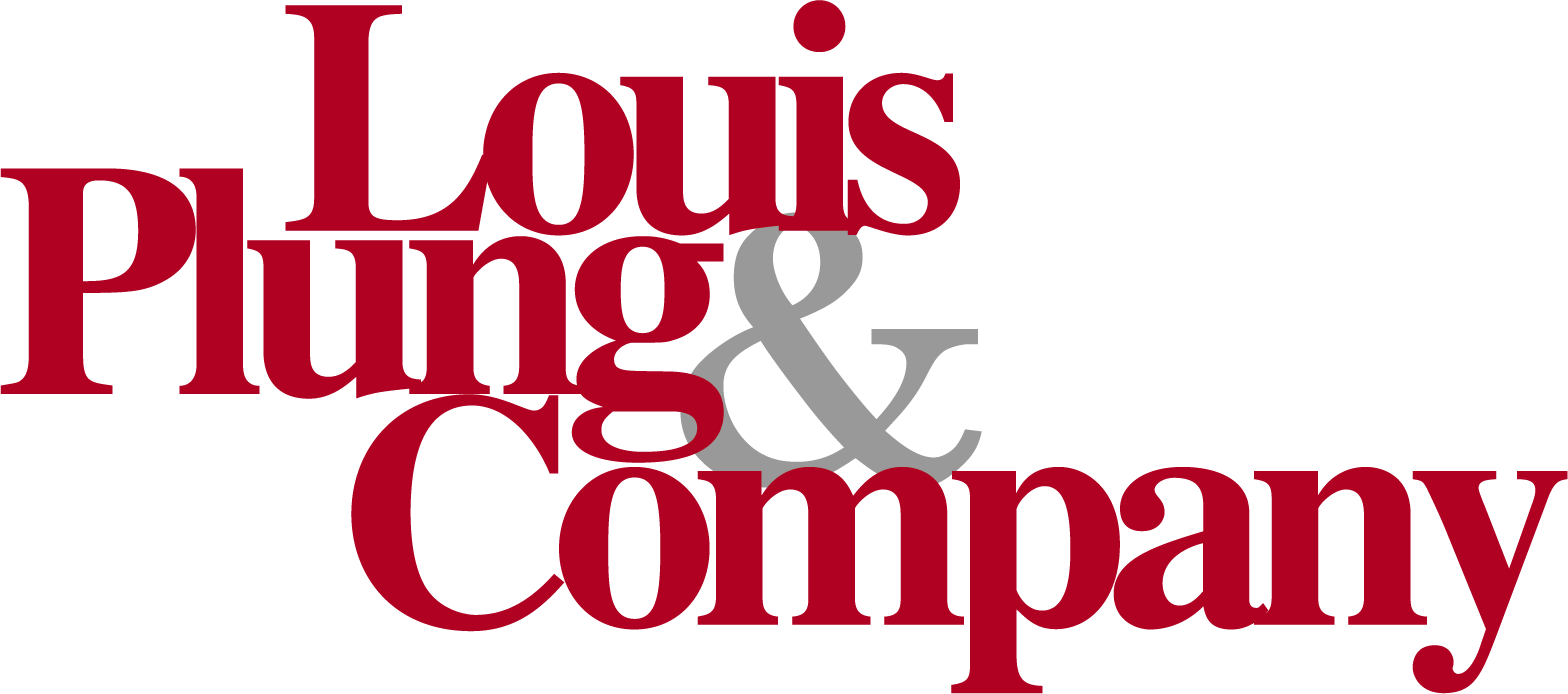Pennsylvania Tax Law Changes – House Bill 1342

House Bill 1342 was signed into law in Pennsylvania on July 8, 2022. The bill makes significant changes to the Commonwealth’s corporate income tax laws as well as other changes affecting personal income tax and other tax changes as discussed below.
Corporate Net Income Tax Changes
Pennsylvania currently assesses a 9.99% tax rate on corporate net income (CNI) of C-corporations, the 2nd highest state corporate tax rate in the country. House Bill 1342 reduces the tax rate to 8.99% for tax years beginning January 1, 2023. Thereafter, it will be reduced by .5% annually until it reaches 4.99% for tax years beginning January 1, 2031. Supporters of reducing the CNI tax believe the rate cut will attract more businesses, create jobs, and raise wages in Pennsylvania as well as increase real estate values. Previous bills to reduce the corporate net income tax also included provisions for adopting unitary combined reporting in Pennsylvania. However, unitary combined reporting is not included in this legislation.
Market Sourcing Rules
Specific sourcing rules apply to receipts from the sales of services and receipts from sales of tangible personal property. Prior to House Bill 1342, Pennsylvania sourced all other gross receipts under a costs of performance standard. The PA Department of Revenue concluded that performance was fulfilled where the customer receives the service, meaning that these “other” types of receipts were included in the Pennsylvania sales factor numerator if the income-producing activity was performed in Pennsylvania, or if a greater proportion of the income-producing activity was performed within the state based on costs of performance.
Effective for tax years beginning after December 31, 2022, House Bill 1342 repeals the cost of performance treatment and generally adopts the following customer-based sourcing for “other” types of receipts:
- Sale, lease, or license of intangible property – sourced to the state where the property is used.
- Sales of securities – sourced to the customer location if the securities are held by the taxpayer primarily for sale to customers in the ordinary course of business.
- Gross receipts such as interest, fees, penalties from lending property unaffiliated entities or individuals – if received by a taxpayer that regularly lends funds to unaffiliated entities or individuals and the loan is secured by real property, the gross receipts are sourced to the state where the property is located. And, for those loans secured by tangible personal property, gross receipts are sourced to the state where the property is shipped to the purchaser. For any other loans not secured by real or tangible property, gross receipts are sourced to the state of the borrower.
- Gross receipts such as interest, fees, and penalties from credit card holders – sourced to the state of the cardholder’s billing address.
- Other interest gross receipts – sourced to the state of the lender’s commercial domicile.
However, gross receipts from intangible property not otherwise described in the statute are excluded from both the numerator and denominator of the sales factor.
Economic Nexus Standard
Pennsylvania issued Corporation Tax Bulletin 2019-04 to address changes to its corporate net income tax standard effective for tax periods beginning on or after January 1, 2020.
Corporations lacking Pennsylvania physical presence were assumed to have a corporate net income tax filing requirement if their receipts from in-state sources were $500,000 or more from any combination of (1) gross receipts from the sale, rental, lease, or licensing of tangible personal property; (2) gross receipts from the sale of services; or (3) gross receipts from the sale or licensing of intangibles, including franchise agreements.
However, taxpayers were permitted to rebut the presumption of nexus if the taxpayer lacking physical presence claimed protection under P.L. 86-272 which allows a business to go, or send representatives, into a state to solicit orders for goods without being subject to a net income tax.
House Bill 1342 codifies the assertions of Pennsylvania Tax Bulletin 2019-04 effective for tax years beginning after December 31, 2022. However, an exception to the economic nexus standard applies to affiliated entities domiciled in foreign countries that have entered into income tax treaties with the United States.
It is important to consider the economic nexus standard with the revising sourcing rules that apply beginning with the 2023 tax year. Taxpayers that previously sourced receipts under the income-producing activity test may have not met the level of gross receipts sourced to Pennsylvania meeting its economic nexus standard thereby triggering a corporate net income tax requirement. However, that may no longer be the case when those receipts are now required to be sourced under the new customer-based rules.
Personal Income Tax Changes
For (individual) personal income tax purposes, effective for tax years beginning after December 31, 2022, the bill conforms Pennsylvania to the Internal Revenue Code (IRC) Section 179 expensing provisions and the Section 1031 deferral provision for like-kind exchanges.
Section 179 Expensing
Section 179 of the IRC allows small businesses to deduct the full purchase price of qualifying equipment purchased during the year subject to certain limitations discussed below.
Pennsylvania law has not been tied to the current federal IRC Section 179 dollar limitations as the state did not follow the federal rules that have periodically adjusted the amount of the Section 179 expense deduction. Under current law, for Pennsylvania personal income tax purposes, the Section 179 expensing limitation was $25K with a phaseout on a dollar-for-dollar basis after a business has spent $200K on qualified property placed in service during a tax year, which was much lower than the federal limitation. (For tax year 2022 the federal expensing limitation is $1,080,000 with a phaseout beginning at $2.7 million qualified property placed in service during a tax year). Pennsylvania will conform to the federal Section 179 expensing provisions for tax years beginning after December 31, 2022.
Section 1031 Deferral Provisions
Under federal tax law, gain or loss is recognized upon the disposition of property, including dispositions involving an exchange of property. Internal Revenue Code Section 1031 is an exception to the general rule, which provides that the recognition of gain or loss can be deferred under certain circumstances when property used in a trade or business or held for investment is exchanged for property of a like-kind and is held for productive use in business or investment.
Under current law, except for C-corporations, Pennsylvania law did not contain a provision similar to IRC Section 1031. Therefore, property exchanges resulting in gain or income were generally subject to Pennsylvania tax in the year of exchange. Under House Bill 1342, the state will mirror the federal IRC Section 1031 deferral provisions for tax years after December 31, 2022. The ability to defer PA personal income tax in an exchange could be a deciding factor for small companies or individuals looking to buy or sell real estate in Pennsylvania.
Update to PA Research & Development Program
Prior to House Bill 1342, Pennsylvania placed a cap of $55 million per year on statewide research and development credits, with $11 million set aside for qualified small businesses. If total credits applied for by state applicants exceeded the allotted amount, the credits were prorated among taxpayers.
House Bill 1342 increased the statewide cap on the research and development credits to be awarded by the state to $60 million per year with $12 million set aside for qualified small businesses which should enable more businesses to receive the full amount of the research and development credit that they applied for.
However, if the total amounts allocated to either the group of small business applicants or the group of applicants exclusive of small businesses is not approved in any fiscal year, the unused portion will become available for use by the other group of qualifying taxpayers.
Conclusion
House Bill 1342 makes significant changes to PA’s corporate tax laws. A complete view of the Bill can be found here:
Bill Information – House Bill 1342; Regular Session 2021-2022 – PA General Assembly (state.pa.us)
If you have questions or concerns regarding PA’s new corporate tax structure, please contact your Louis Plung advisor or email [email protected].




